By Alex Taylor
BBC Entertainnment reporterPublished18 hours agoShare
For decades, the motto “never complain, never explain” underpinned British royal life – including its dealings with the press.
But the revelations from the Duke and Duchess of Sussex’s interview with Oprah Winfrey have called into question the state of the British monarchy’s relationship with the media.
ADVERTISEMENT
ADVERTISEMENTKate Spade Autumn/Winter Sale |
Prince Harry spoke of an “invisible contract” between the Royal Family and reporters – a world in which orchestrated public exposure is offered, and a level of scrutiny traditionally accepted, in return for privacy behind palace gates.
Meghan explained: “There’s a reason that these tabloids have holiday parties at the Palace. They’re hosted by the Palace, the tabloids are. You know, there is a construct that’s at play there.”
But that so-called contract could not prevent what Meghan described as a “media frenzy”, which has had a huge impact on the couple’s mental health and played a large role in their decision to step back from royal life last year.
ADVERTISEMENT
ADVERTISEMENTSports Direct Free Delivery on All Orders! |
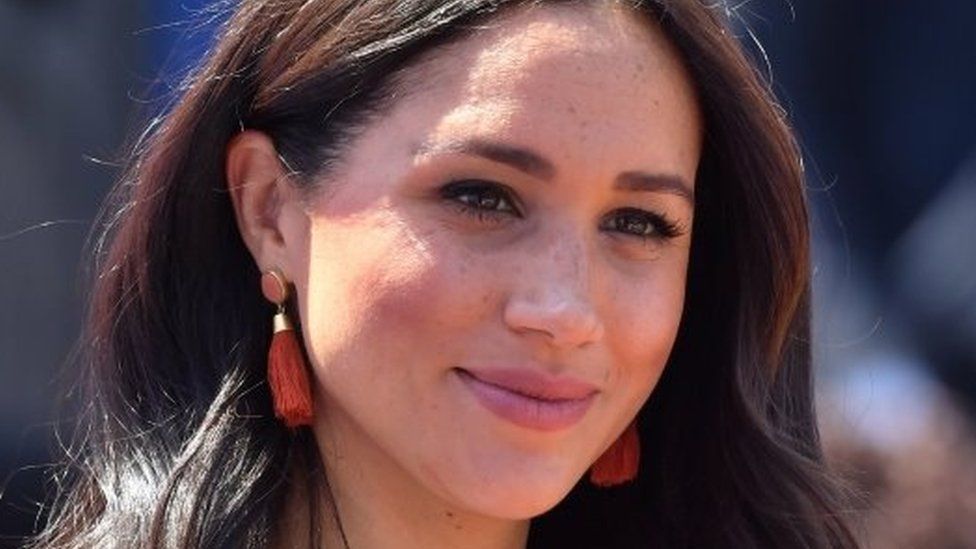
The prince, meanwhile, revealed he “feared history repeating itself” – a reference to his mother Diana, Princess of Wales, who died in a Paris car crash while being hounded by the press.
So, how did this contract originally work – and is it now broken?
ADVERTISEMENT |
Jewel in the crown
The relationship between the monarchy and the media has historically been mutually beneficial, says Dr Laura Clancy, lecturer in media at Lancaster University and author of the forthcoming book Running the Family Firm: How the Monarchy Manages Its Image and Our Money.
For Buckingham Palace, the press has been a tool to communicate with its subjects, while the media has long used monarchy to attract readers and viewers.
In recent decades, royals have had to operate within “the tabloid age and era of royal gossip”, with Meghan the latest to taste life under the media microscope, Dr Clancy says.
- Piers Morgan leaves ITV’s Good Morning Britain
- Harry and Meghan rattle monarchy’s gilded cage
- 12 things we learned from Meghan’s Oprah interview
“The construction of the royal family, as individual royals with individual stories, means that the monarchy can be consumed by audiences in the age of interest in the lives of public figures,” she explains.
Figures from search engine researchers Rise at Seven showed that 74,000 articles had been published about Meghan worldwide since the duke and duchess confirmed plans to distance themselves from the palace.
On top of this, searches for the duchess jumped 600% after the Oprah interview was announced.
ADVERTISEMENT
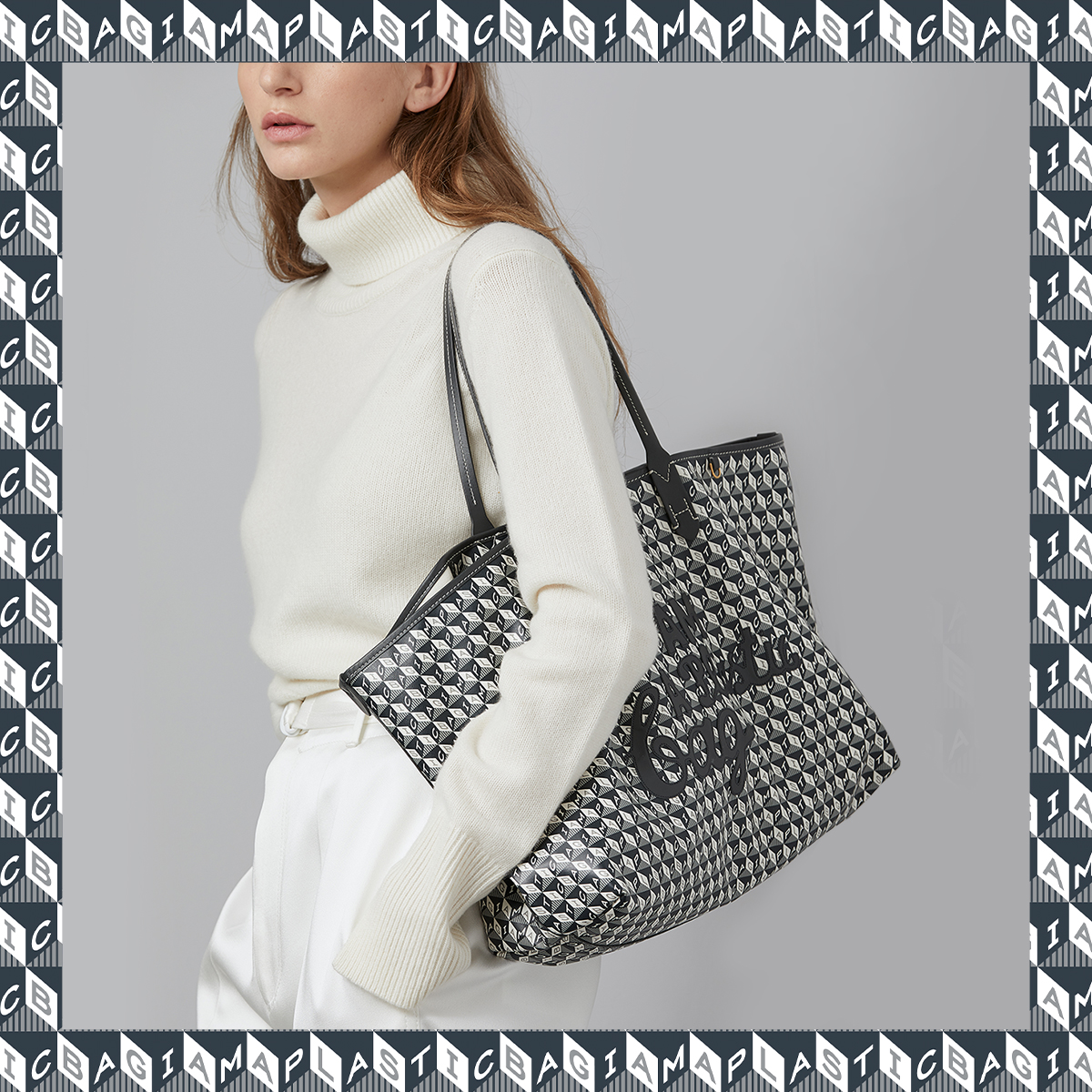
ADVERTISEMENT
Anya Hindmarch - I AM A PLASTIC BAGAnd yet, despite this interest, the British public in general “know little about the inner-workings” between the monarchy and the media, such as the royal rota system which gives “some journalists more intimate access to royal events”, argues Dr Clancy.
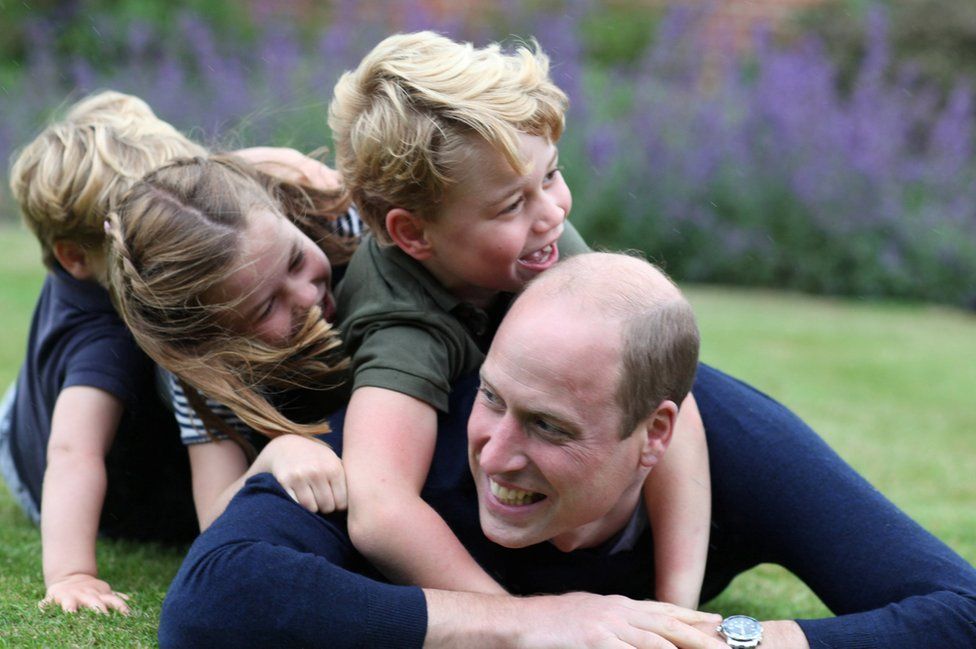
And then there are informal arrangements, such as the so-called “pressure cooker agreement”, where the paparazzi would leave Prince William and Harry alone during their education, “in return for intermittent occasions when they would be invited to staged photograph opportunities” – such as Prince William’s 18th birthday at Eton College.
This continues online in a new form with the prince’s family posts on Instagram, which “appear to give audiences intimate access to royals, but feel carefully staged”, adds Dr Clancy.
Race for clicks
However, the ever-growing dominance of digital news has altered this relationship, as the press scrambles for profitability in a fast-changing media landscape.
“Newspapers are still in the business of selling an audience to advertisers, a readership and page views,” says digital advertising expert Rob Weatherhead. “This hasn’t fundamentally changed with the move to digital publishing, but the metrics and numbers involved have.”
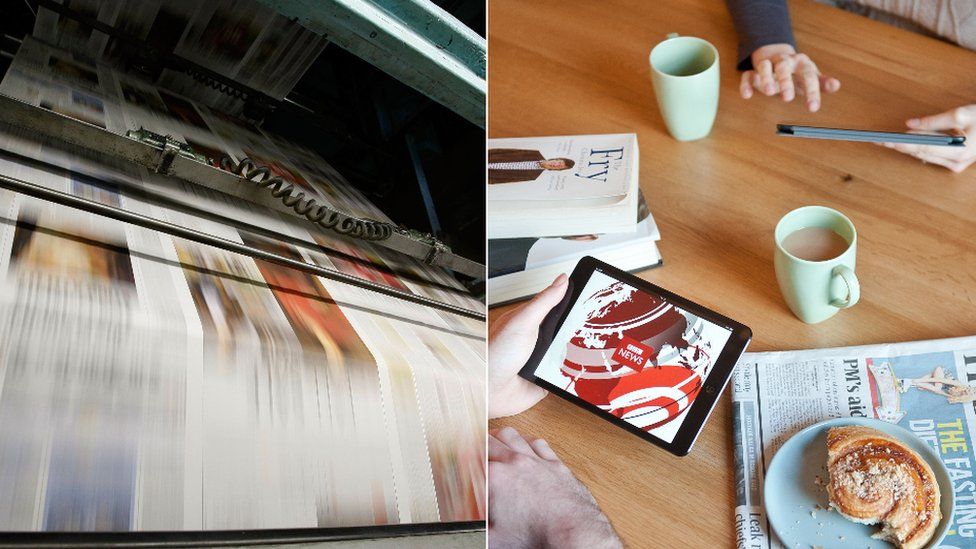
Publishers now “prioritise quantity, often over quality”, he says. And whereas it once used to be a fight for pride of place on the news stand, today publishers compete globally for primacy on search engines.
In the “race to be first” and reach audiences online and through social media, says Weatherhead, index prioritisation and search trends are king (or queen).
This means that enduring public interest in the monarchy make the royals “topics of high interest for publications, regardless of individual views”.
The volume of coverage surrounding Meghan and the Oprah interview has made this especially clear.
During February, when the interview and Meghan’s pregnancy were first announced, there were 6,080 articles written. Since then, interest has skyrocketed.
In the first week of March alone, 25,894 pieces on the duchess went live – an increase of more than 600%. And on Monday evening, as the world reacted to the US broadcast and the airing of the interview in the UK, this jumped to 448 articles in 24 hours, a daily rise of 348%.
Says Weatherhead: “Royalists will want to read about it, anti-royals will want to vent about it, and people in the middle probably have a passing interest just to keep up with the news.
“It has a pretty global appeal. And with that comes high page views and more advertising revenue,” he says.
‘Ruptured balance?’
The destabilisation has directly influenced British royalty’s relationship with the press. No longer is either side able to easily control the narrative and define the relationship.
Prince Harry told Winfrey the UK tabloid media is “bigoted” and creates a “toxic environment” of “control and fear”. But he added: “I’m acutely aware of where my family stand and how acutely scared they are of the tabloids turning on them.”
Meghan added that social media had made the relationship with the press like “the wild, wild West”, and said the royal family’s press operation failed to defend her and her husband from untrue stories.
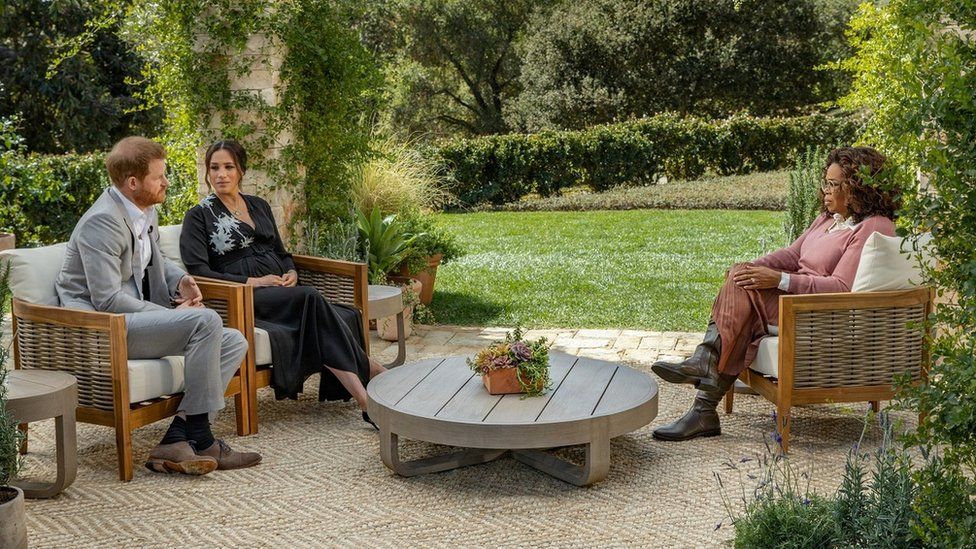
In response, The Society of Editors said the media was not bigoted, and was holding the “rich and powerful to account”. After criticism, however, it issued a further statement on Wednesday to say its initial comments “did not reflect what we all know: that there is a lot of work to be done in the media to improve diversity and inclusion”.
The duke and duchess’s latest statements add to a growing list of public grievances against certain elements of the press – all of which operate outside the palace’s traditional working relationship with the British media.
Earlier this month, Meghan successfully took the Mail on Sunday newspaper to court over the publication of private letters to her father, and asked for an “account of profits” in respect of her claim for infringement of copyright, which the judge agreed to.
This means that, unlike traditional damages, the paper will have to pay damages based on the revenue they made by publishing the letters – a direct recognition of, and challenge to, the royal family’s worth and relationship to the press.
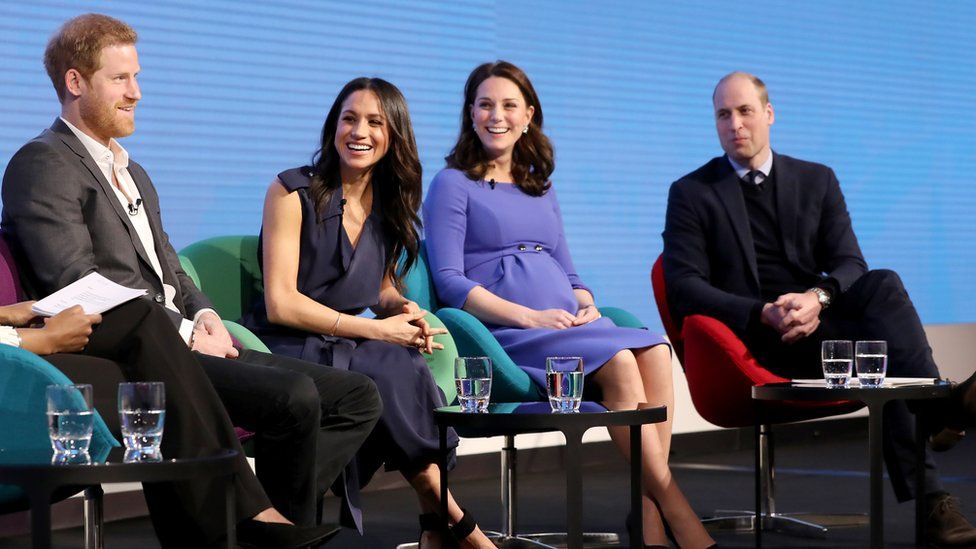
“The monarchy relies on a careful balance of visibility and invisibility to maintain its power, so the inner-workings of monarchy must be kept invisible to protect the institution from scrutiny,” says Dr Clancy.
“Harry and Meghan’s ‘confessional’ interview threatens to rupture this balance.”
Opinion for hire
The royal commentators who offer their opinions for payment are also part of the royal news machine.
Their role was highlighted when YouTube hoaxers Josh Pieters and Archie Manners fooled a number of commentators into giving their views on the Oprah interview two days before it was broadcast.
“News media need sources and columnists to provide coverage,” says Rasmus Kleis, director at the Reuters Institute for the Study of Journalism.
“When no-one – or only very few people actively seeking to control the narrative – has real insight into an issue or topic, there will always be a risk that some publications will settle for anonymous self-interested sources and whoever is willing to provide their insight, or at least express an opinion, as long as it makes for copy.”
ADVERTISEMENT
ADVERTISEMENTUp to 30% off Gift Sets |








